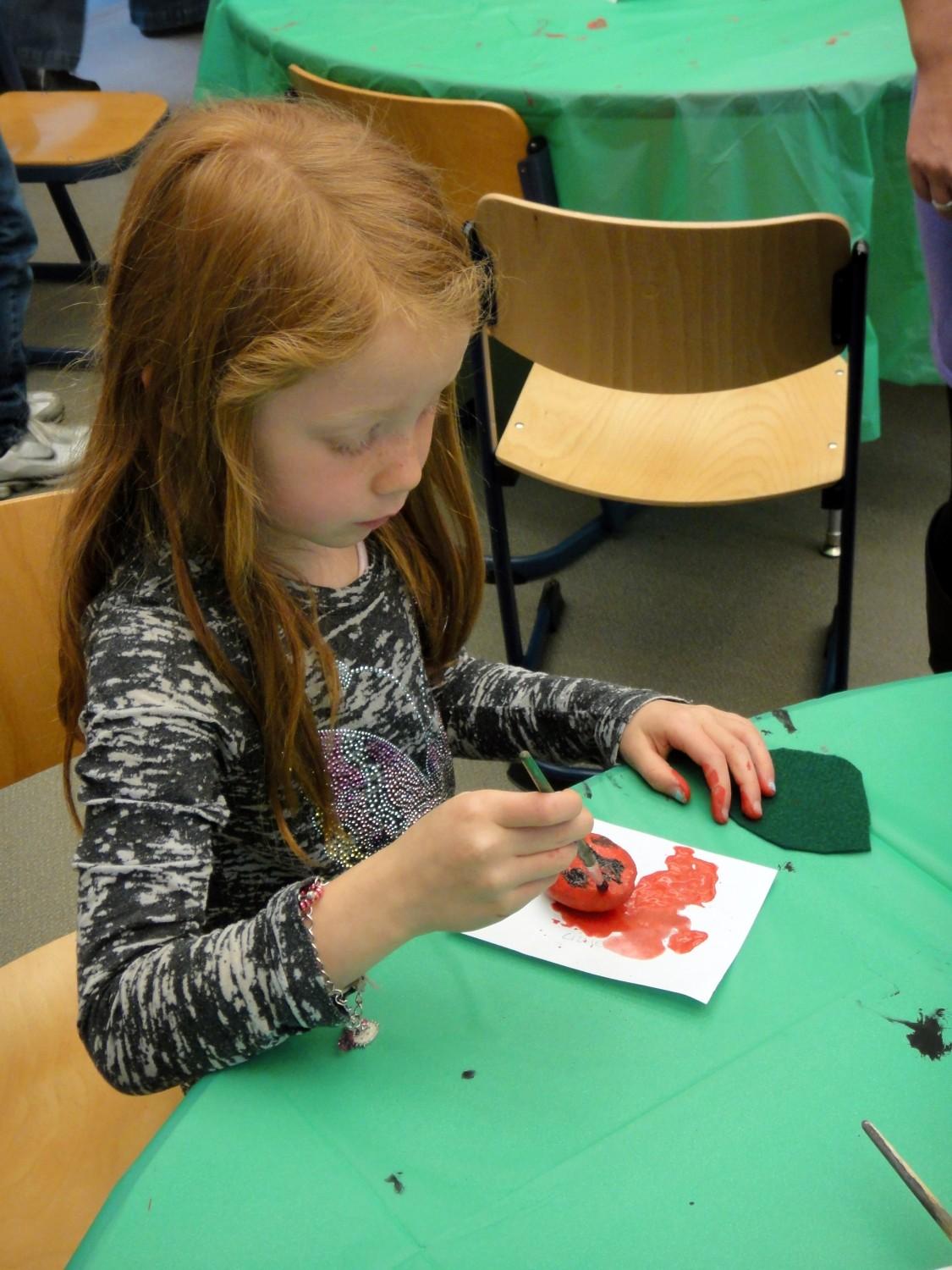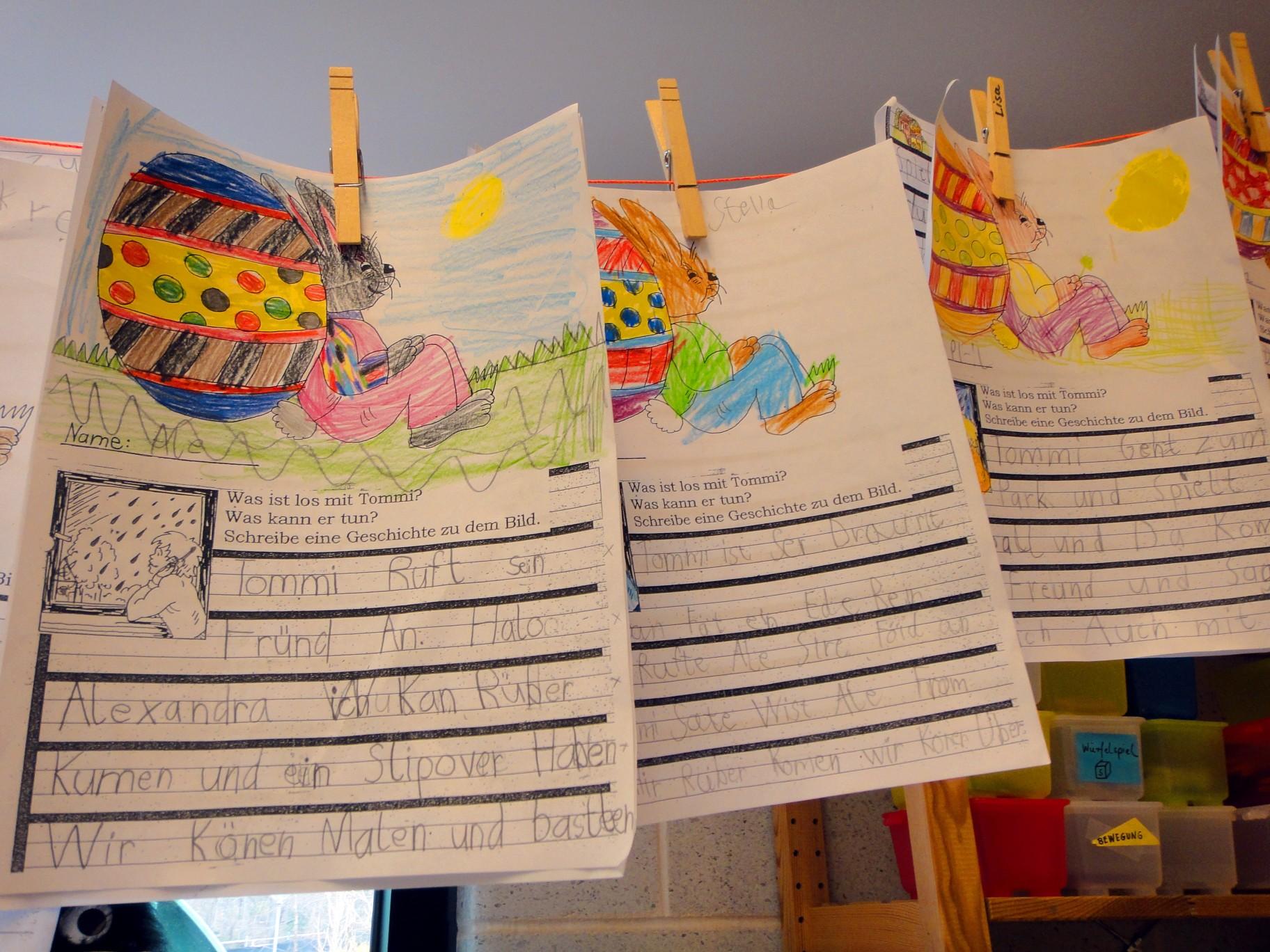Appalachian Music with a German Accent Ulrike Brauneis If you see me on the German School campus, more often than not I will be carrying an assortment of instruments around with me. All children in the Kindergarten know by now what a banjo looks like and that it really is not a tuba. You might also have seen the Elementary School Appalachian Fiddle Kids perform. So, what is this music and why do we play it here at the German School? Like many of you who are frequently asked by strangers about your accent, I have to field questions about my choice of music: 1Why do you as a German play American music?2 and 1Did you learn it here in the States?2 The answer to the second question is 1No2, but let me explain how I came to play and love 1Old Time Music2, the music of the mountains. The story is simple: I fell in love with the banjo after listening to the performance of an American musician, Derroll Adams, in a Frankfurt Folk Club in the early 70s. The result was the purchase of a 5-string banjo a few days later followed by the attempt to learn banjo music. The banjo is a very American instrument, originally brought over to the USA from Africa. Here it met up with the fiddle: African rhythm and melodies met Celtic and other European dance music, a potent mix. In
Ulrike Brauneis plays a very American instrument--the banjo.
pre-radio times often the only type of entertainment in remote mountain villages was provided by a couple of good fiddle and banjo players who would play for dances that stretched in to the small hours of the morning. If you want to play the 5-string banjo, your choice of music is limited: 1Bluegrass2 or 1Old Time Music2. My own encounter with the banjo came at a time when young urban musicologists rediscovered the old music and players in the mountains of Virginia, West Virginia, North Carolina and Kentucky. The music has been mainly passed down by oral tradition: you listen to a tune and try to reproduce what you hear. Very few written records existed. I was lucky to find a couple of patient friends in Germany who taught me tunes. In time I also learned to play the fiddle. While I still lived in Germany I was also a member of 1Old Time2 string band for a while. The music gets under your skin and makes you want to dance (or at least tap your feet), and I want to continue the tradition of passing it on the next generation. One of the missions of the German School is to make students appreciate American culture. Appalachian music is part of that rich offering. If you come to the Elementary School or the 1Big School2 you might hear a strain of dance music that will lead you to a room where, following the old way, I will play a tune over and over, breaking it down into manageable pieces. My students will imitate what they hear, and soon they will play well enough to make you dance. To the rich mix of Celtic and African influences a slight German flavor might have been added: a good example of the folk process in action.
Fünfzig Jahre Deutsche Schule
85












































